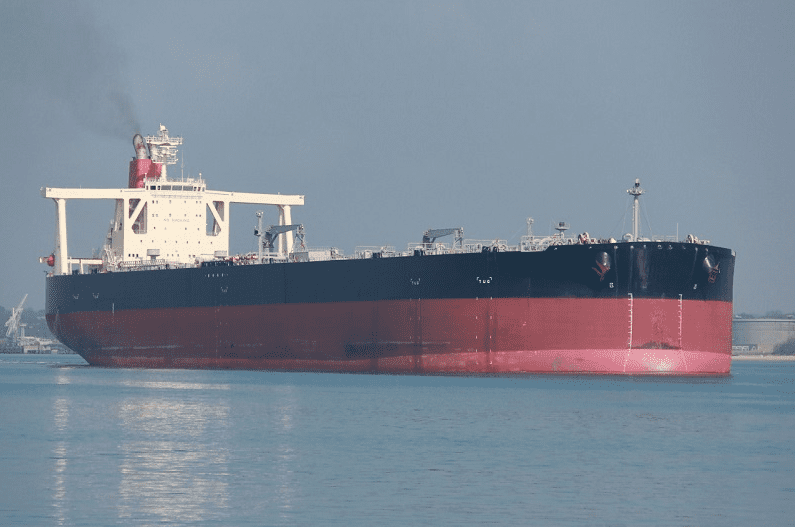Weak or negative returns for VLCCs hauling crude from the Persian Gulf to North Asia are prompting shipowners to adopt cost-cutting measures like curtailing sailing speed and idling their ships near Singapore or Sri Lanka’s port of Galle, freight market sources said Monday, according to a report from S&P Global Platts.
The current time charter equivalent (TCE), or earnings for a voyage on the benchmark Persian Gulf-China 270,000 mt route, is currently around $2,000/day for a super-eco VLCC, while returns are negative for many ships delivered prior to 2019, a VLCC broker said.
Scrubber-fitted VLCCs burning cheaper high sulfur bunkers are also earning next to nothing, market participants said.
“We’re are parking our vessel in Singapore and Galle until there is a change in the market. We make more money sitting idle than fixing current rates,” a VLCC owner said.
The cost of moving crude on VLCCs on the key PG-China route was $5.34/mt March 12, the lowest since August 2017, according to S&P Global Platts data.
The Asian VLCC market has been battered by the drastic drop in the monthly spot cargo counts out of the Persian Gulf due to the coronavirus pandemic and the extension of OPEC+ production cuts into April.
Adding to shipowners’ woes is the steep backwardation in the crude market, which has incentivized the destocking of VLCC floating storage units. This has released many VLCCs into the spot market and exacerbated tonnage supply.
Vessel availability is such that charterers see more than 10 offers from owners every time a cargo is quoted in the market, sources said.
Source: S&P Global Platts



